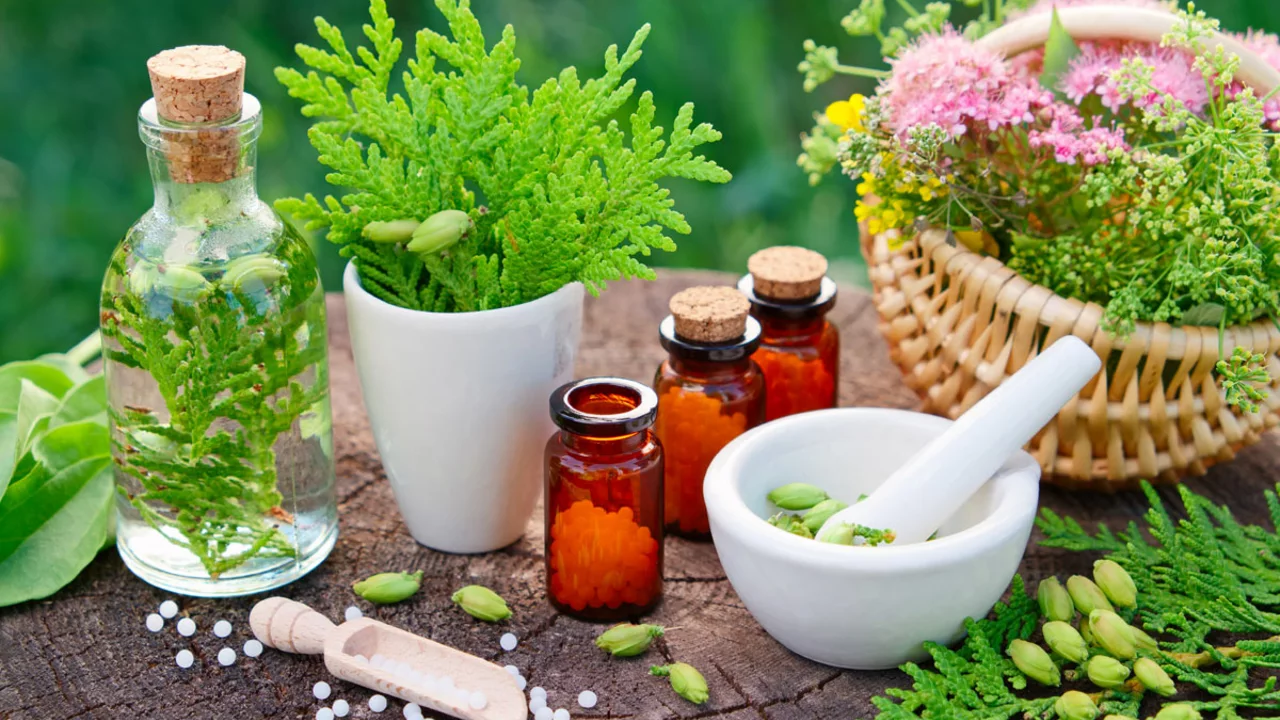Herbal Medicine: Your Quick Guide to Natural Remedies
If you’ve ever wondered whether a tea or leaf can help with a health issue, you’re not alone. Herbal medicine is the practice of using plants—roots, leaves, seeds—to support the body’s own healing power. It isn’t new; cultures worldwide have trusted herbs for centuries. Today we blend that old wisdom with modern safety checks so you can benefit without guessing.
What Is Herbal Medicine?
At its core, herbal medicine means taking a plant part in a form your body can absorb—like a capsule, tincture, or brewed tea. Unlike synthetic drugs that target one specific pathway, many herbs act on several systems at once. For example, turmeric contains curcumin, which reduces inflammation and also supports gut health.
Because plants grow naturally, their composition can vary. Soil quality, harvest time, and processing all affect potency. That’s why you’ll see “standardized extract” on some labels; it guarantees a certain amount of the active ingredient.
How to Use Herbs Safely
Start with reputable sources. Look for manufacturers that share batch testing results or have third‑party certifications. If a product looks too cheap, it probably is.
Know your dosage. Even something as mild as chamomile can cause drowsiness if you take more than recommended. Follow the label and, when in doubt, talk to a pharmacist or a qualified herbalist.
Check interactions. Some herbs, like St John’s wort, can affect prescription meds by speeding up how your liver processes them. A quick online check or a chat with your doctor can prevent unwanted side effects.
Track what you take. Write down the herb name, form (tea, capsule), dose, and any changes you notice. This log helps you see what works and lets you share accurate info with health professionals.
If you’re pregnant, nursing, or have a chronic condition, treat herbs like any other medication—get professional advice before starting.
Start small. Pick one herb that matches your goal—like ginger for nausea or valerian for sleep—and see how it feels over a week or two. Adding too many at once makes it hard to know which one helped.
Combine herbs wisely. Some blends boost each other’s benefits, while others may cancel out. For instance, adding black pepper to turmeric improves curcumin absorption dramatically.
Store properly. Keep dried herbs in airtight containers away from light and heat. This preserves potency and prevents mold growth.
Remember that “natural” doesn’t always mean safe for everyone. Allergies happen—if you’ve reacted to pollen or specific plants before, start with a tiny amount or avoid the herb entirely.
OnMen Pharma Guide offers more detailed articles on individual herbs, how they compare to prescription options, and where to find trustworthy products online. Browse our herbal medicine tag for deeper dives into topics like echinacea’s role in immune support or how ashwagandha can calm stress.
Bottom line: Herbal medicine can be a useful addition to your health routine when you choose quality products, respect dosages, and stay aware of possible interactions. Use the tips above, start slow, and let nature lend a hand—responsibly.
Potentilla: The Ultimate Natural Remedy for a Healthier You
I recently discovered Potentilla, an amazing natural remedy that's perfect for a healthier lifestyle. This powerful plant has numerous health benefits, including anti-inflammatory, antioxidant, and antimicrobial properties. I've found it to be particularly helpful for digestive issues and boosting the immune system. Incorporating Potentilla into my daily routine has improved my overall health and well-being. I truly believe this natural remedy is the ultimate solution for a healthier you.






